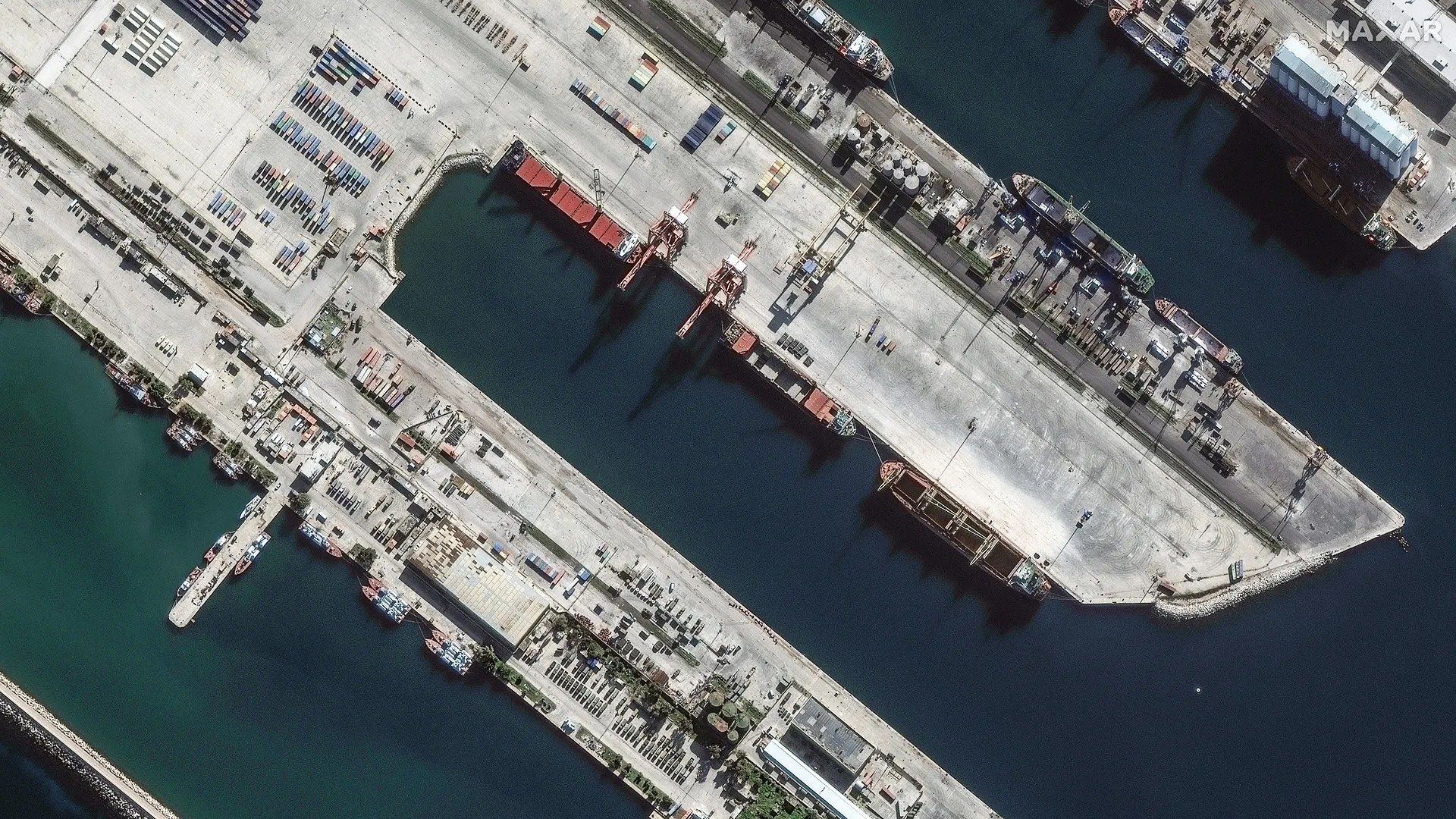With the fall of Bashar al-Assad, Syria and its partners have a historic opportunity to degrade Russia’s ability to project force across the Mediterranean, the Middle East, and Africa. Syria hosts Russia’s only air and naval bases outside the former Soviet Union. These bases were instrumental to Moscow’s military support to Assad’s brutal suppression of the Syrian revolution, which left hundreds of thousands of civilians dead.
Syrian President Ahmad al-Sharaa now has the chance to reassert Syria’s sovereignty and demand accountability for Russia’s role in atrocities over the past decade. Curtailing Russia’s military, political, and economic footprint in Syria enables a durable peace in the region given Moscow’s long record of fomenting violence, poverty, and dependence.
This hearing will examine the legacy of Russia’s support for Assad and the feasibility of evicting Russia from Syria. Witnesses will also discuss Russia’s ability to resist efforts to diminish their influence in the region.
###











